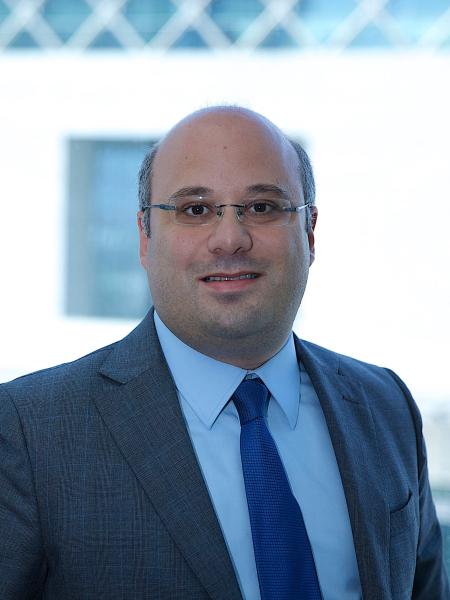Blockchain technology is expected to have a tremendous impact on GCC national economies. However, its success depends on several factors. To harness its full potential, telecom operators have to adopt the right strategy, operating model, partnerships, and capabilities for their selected blockchain value proposition, and engage with regulators according to a recent study by Strategy& Middle East, part of the PwC network.
The new Strategy& study discusses the major benefits that blockchain can offer and how telecom operators in the Middle East and North Africa (MENA), with their developed digital infrastructure and strong customer relationships, are positioned to profit from this technology. In particular, telecom operators can reap blockchain’s rewards internally and externally, creating additional services and revenue streams through greater efficiencies in handling data or through new business models.
Commenting on the report, Dr. Daniel Diemers, partner with Strategy& in Zurich said: “Blockchain as a technology has been adopted by businesses across various industries and its potential is expected to reach USD 96 billion by 2024 according to market estimates. Like other industries, we are witnessing an increased adoption of blockchain technology within the telecom sector.”
Blockchain is one way to reassure customers that their information is protected. Due to its encryption technology and the dispersal of information, it is very difficult to hack and is not susceptible to a single point of technical failure. It can also greatly reduce transaction costs by removing unnecessary middlemen and document duplication.
According to the study, internally, blockchain can streamline telecom operators’ storage of customer identities, reduce the costs of number portability, and facilitate roaming services between multiple operators. Externally, there are four main opportunities for telecom operators. They can: use their infrastructure to host clients’ blockchain; employ their existing cloud infrastructure to manage clients’ blockchain software; offer industry-specific, blockchain-based applications; or supply blockchain professional and advisory services.
“However, telecom operators have to adapt”, said Jad Hajj, Partner with Strategy& Middle East. “They must carefully analyze their own capabilities before selecting their value proposition and a target market. A portfolio of relevant use cases for each target market is needed for more effective marketing and business development”, he added. Telecom operators should engage with regulators to ensure a supportive regulatory system for blockchain adoption. Furthermore, telecom operators can play a key role in enabling blockchain ecosystems in countries by, for example, engaging in national and global blockchain alliances and partnerships.
Commenting on the adoption of blockchain in the region, RamziKhoury, Principal with Strategy& Middle East said: “There has been limited adoption of blockchain within the MENA region, although there is considerable interest in the countries of the Gulf Cooperation Council (GCC). Interestingly, GCC organizations are creating the very partnerships that telecom operators should consider. For example, the Dubai Future Foundation has established the Global Blockchain Council to “explore and discuss current and future applications” of blockchain.”
Dubai’s government is planning for all visa applications, bill payments, and license renewals to be transacted digitally using blockchain. Recently, Smart Dubai and the Ministry of Finance of the United Arab Emirates (UAE) announced the integration of blockchain technology into the online payment portal, DubaiPay. Saudi Arabia’s central bank, the Saudi Arabian Monetary Authority, has declared a joint initiative with the Central Bank of the United Arab Emirates to use blockchain to issue a digital currency for cross-border transactions.
Imad Atwi, principal with Strategy& concluded: “While currently nascent, the potential impact of Blockchain on economies, societies, and environment is transformative. Telecom operators have a golden opportunity to not only be part of that revolution of redefining trust, but also lead the way into a new era digital transformation and doing business in the region.”




